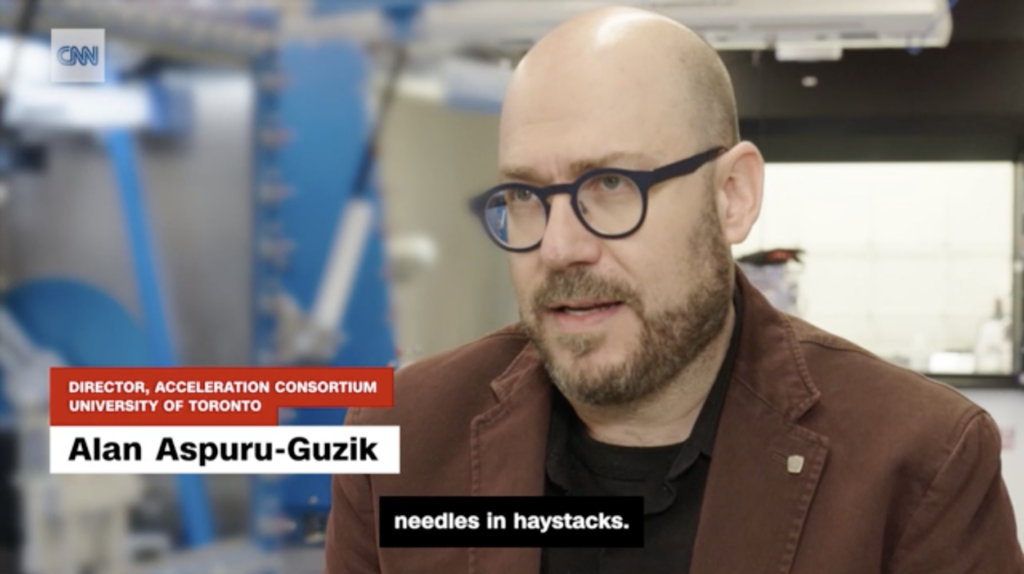Acceleration Consortium
The Acceleration Consortium is leading a paradigm shift in scientific discovery through the development of self-driving artificial intelligence-guided robotic labs that accelerate the discovery of advanced materials and small molecules, from decades to years. The consortium addresses fundamental topics, such as deep learning algorithms, materials modelling, and robotics and applied challenges, such as discovering materials for a wide range of commercial applications. The Acceleration Consortium supports a commercialization-focused ecosystem that aims to translates materials discoveries through start-ups and industry partnerships.

Desjardins Speaker Series: Canada’s Next AI Moment – Ambition the World Can Trust
A candid conversation with world-renowned faculty and entrepreneurs from the University of Toronto ecosystem, who will discuss the opportunities and challenges linked to large language models, generative AI and agentic AI; the potential impact of self-driving labs that leverage machine learning and robotics and a world of physical AI; the ever-increasing need for compute power […]

Low-cost, open-source robotic system could make self-driving labs more accessible to students and researchers
Self-driving labs are promising to dramatically speed up the search for new materials. Now, a new robotic system designed and built by U of T Engineering undergraduate students could help lower the barriers to this kind of research.
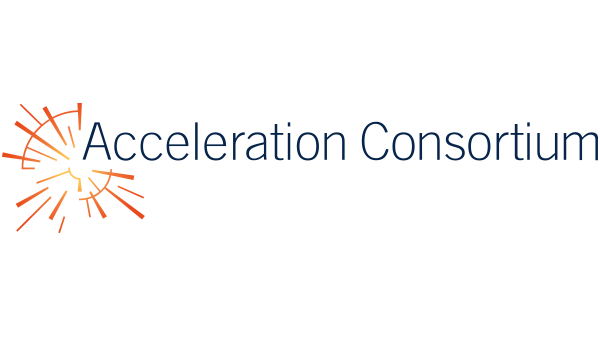
Accelerate 2025
Registration and abstract submissions now open.
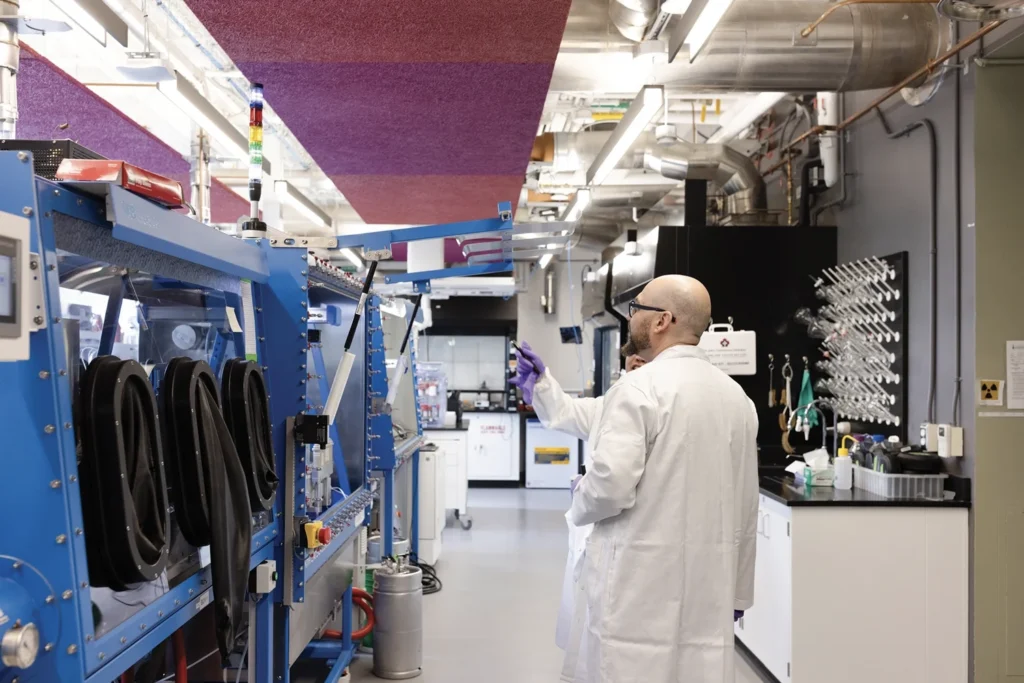
Seven Ways U of T Has Evolved During Meric Gertler’s Presidency
During Gertler’s tenure, U of T solidified its position as one of the world’s leading research universities, consistently ranking among the top-10 public universities globally. He oversaw the launch of Institutional Strategic Initiatives – major interdisciplinary research programs designed to tackle some of the world’s most pressing challenges. These initiatives strengthened U of T’s global leadership in areas such as sustainability, artificial intelligence, infectious disease research and Indigenous scholarship.
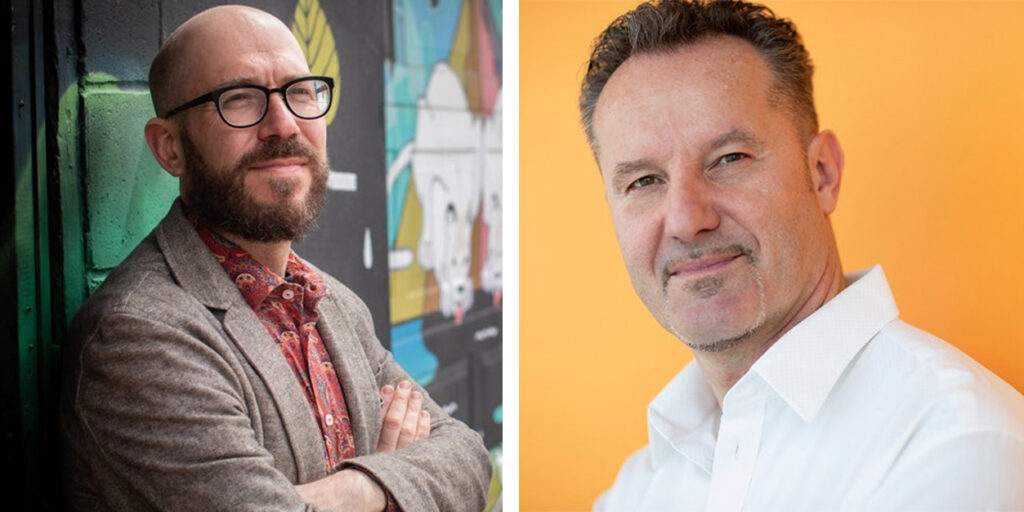
AI and quantum computing used to target 'undruggable' cancer protein
Research co-led by University of Toronto researchers and Insilico Medicine has demonstrated the potential of quantum computing and artificial intelligence to transform the drug discovery pipeline. In the study published in Nature Biotechnology, the researchers combined quantum computing and generative AI with classical computing methods to create molecules targeting a cancer-driving protein called KRAS, which had previously been considered […]
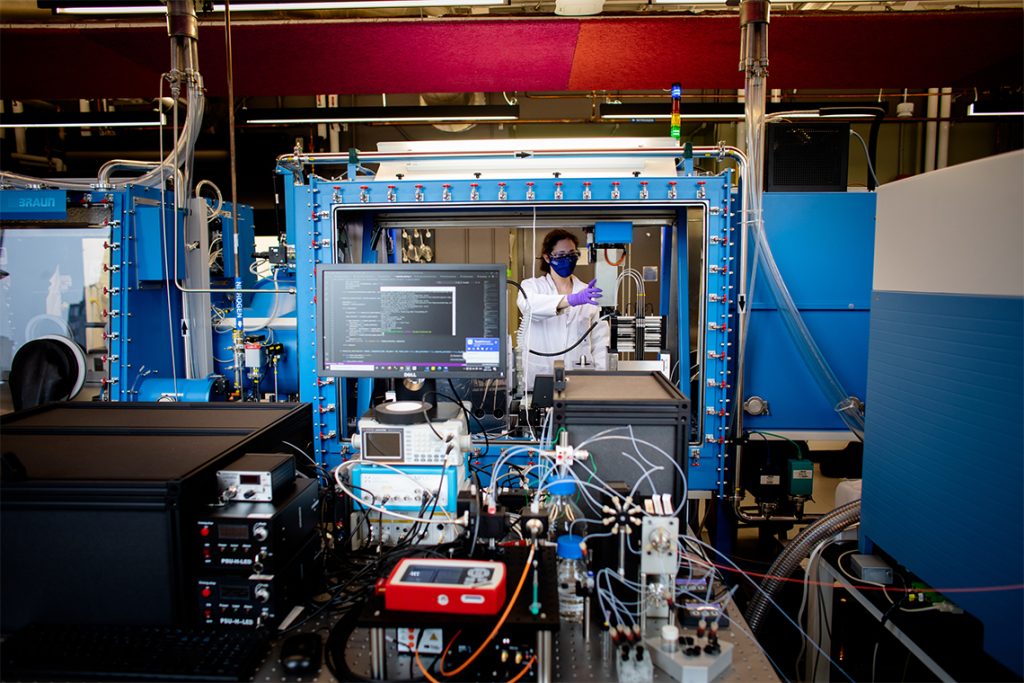
Self-driving laboratories, advanced immunotherapies and five more technologies to watch in 2025
Nature magazine: Self-driving labs, such as this one at the Acceleration Consortium in Toronto, Canada, use algorithms and robots to advance materials science.

ShiftEDIing Gears
The Mitochondrial Innovation Initiative (MITO2i), in collaboration with the Acceleration Consortium (AC), will be hosting a free two-day workshop, designed to foster discussions on equity, diversity, and inclusivity (EDI) in healthcare self-driving labs (SDLs).

Accelerate Conference
We’re excited to announce that our third annual conference is hitting the road! Save the date for the Acceleration Consortium’s 2024 Accelerate conference from August 6 to 9 in Vancouver, cohosted with our partner, the University of British Columbia (UBC). Join us to explore how self-driving labs are revolutionizing materials and molecular discovery through the power of AI, robotics, and advanced computing. […]

Deputy prime minister meets with university leaders, researchers, grad students at U of T's Acceleration Consortium
Deputy Prime Minister and Finance Minister Chrystia Freeland toured athe Acceleration Consortium’s Matter Lab on Friday – just days after announcing a transformative investment in the next generation of research leaders who will propel Canada to the forefront of global innovation.
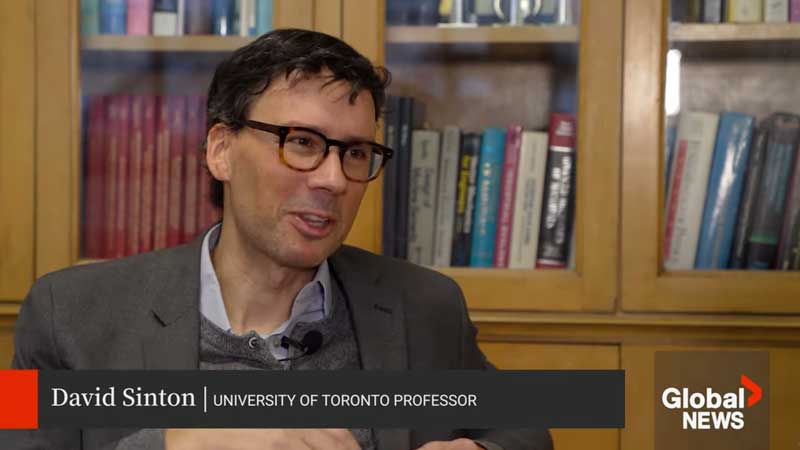
Global News: What is a self-driving lab? How AI is helping accelerate the fight against climate change
Alyssa Julie of Global news reports on the work of the Sinton Lab.
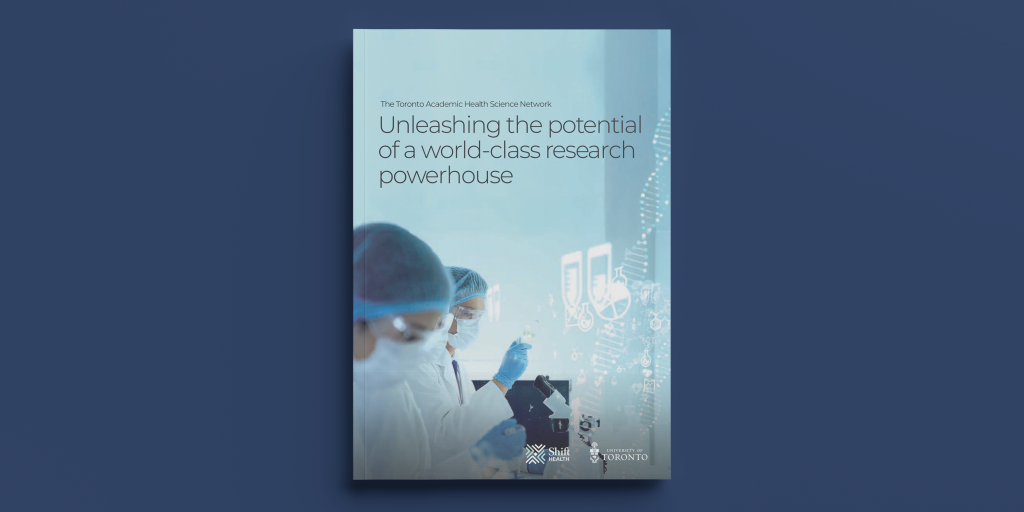
U of T-anchored hospital network among leading life sciences research hubs, report finds
The University of Toronto and its partner hospitals are propelling the Toronto region as a leading global hub for life sciences research – but its success is at risk from underinvestment. That’s among the findings of a new report that examines the strengths and challenges within the Toronto Academic Health Science Network (TAHSN) – which comprises U of T […]

